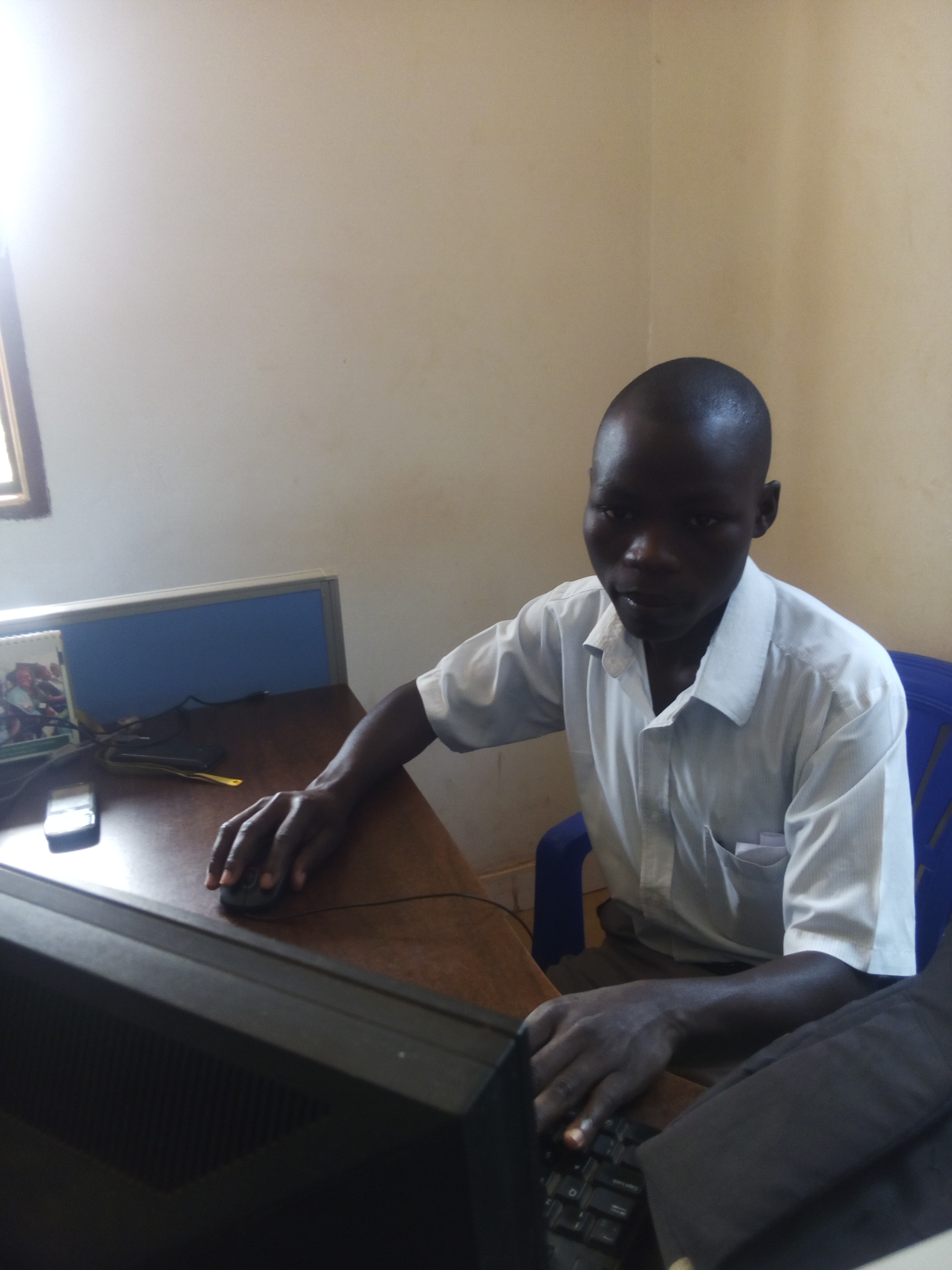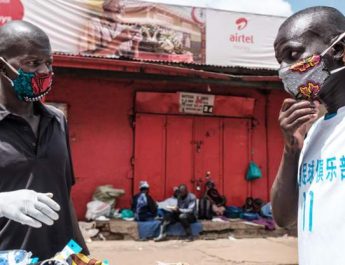A one-month full lockdown across Africa would cost the continent about 2.5 percent of its annual GDP, equivalent to about 65.7 billion U.S. dollars per month, a UN report estimates.
ADDIS ABABA, May 11 (Xinhua) — A one-month full lockdown across Africa would cost the continent about 2.5 percent of its annual GDP, equivalent to about 65.7 billion U.S. dollars per month, a newly published United Nations Economic Commission for Africa (ECA) report revealed on Sunday.
The report, entitled “COVID-19: Lockdown Exit Strategies for Africa,” indicated that at least 42 African countries applied partial or full lockdowns in their quest to curtail the pandemic.
“With the lockdowns came serious challenges for Africa’s economies, including a drop in demand for products and services; lack of operational cash flow; reduction of opportunities to meet new customers; businesses were closed; issues with changing business strategies and offering alternative products and services; a decline in worker production and productivity from working at home; logistics and shipping of products; and difficulties in obtaining supplies of raw materials essential for production,” the report read.
The ECA also argued that one of the most sensitive issues facing policymakers is the impact of COVID-19 lockdowns on food security.
On Sunday, the Africa Center for Disease Control and Prevention (Africa CDC) said that the number of confirmed COVID-19 cases across the African continent surpassed 61,165 as the death toll from the ongoing COVID-19 pandemic reached 2,239 as of Sunday evening.
The report also proposed to African nations various COVID-19 exit strategies following the imposition of lockdowns that helped suppress the virus but with devastating economic consequences.
The seven COVID-19 lockdown exit strategies for African countries include improving testing, lockdown until preventive or curative medicines are developed, contact tracing and mass testing, immunity permits, gradual segmented reopening, adaptive triggering, as well as mitigation.
Gradual segmented reopening may be needed in countries where containment has failed with further measures to suppress the spread of the disease being required where the virus is still spreading, the report indicated.
“The spread of the virus is still accelerating in many African countries on average at 30 percent every week,” the report advised.
According to the report, active learning and data collection can help policymakers ascertain risks across the breadth of policy unknowns as they consider recommendations to ease lockdowns and move towards a “new normal.”
It further urged African nations to learn from the experiences of other regions and their experiments in reopening; and to use the “extra time” afforded by the lockdowns to rapidly put in place testing, treatment systems, preventive measures, and carefully design lockdown exit strategies in collaboration with communities and vulnerable groups.

The News Editor ,Reporter at Kagadi Kibaale community Radio




